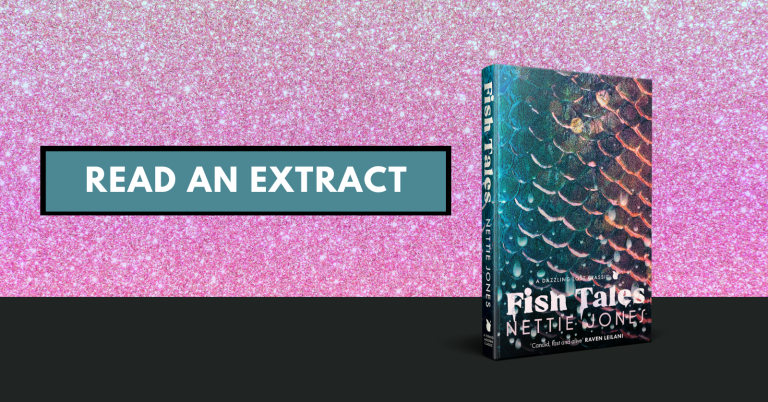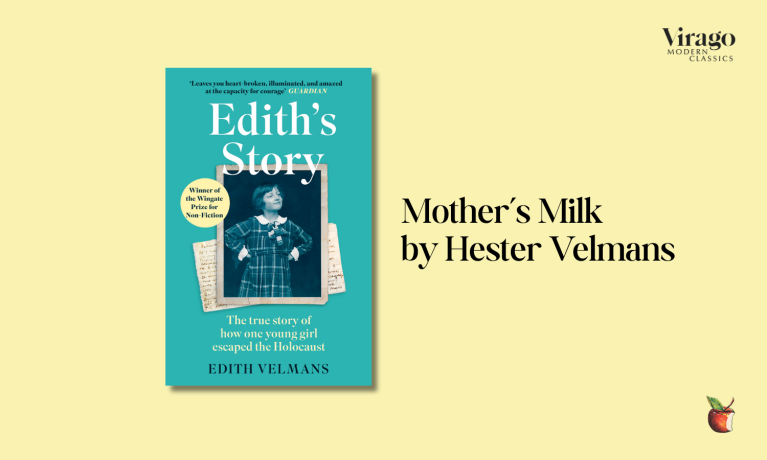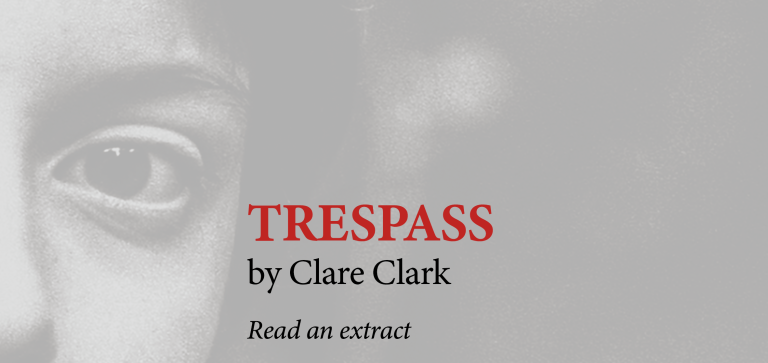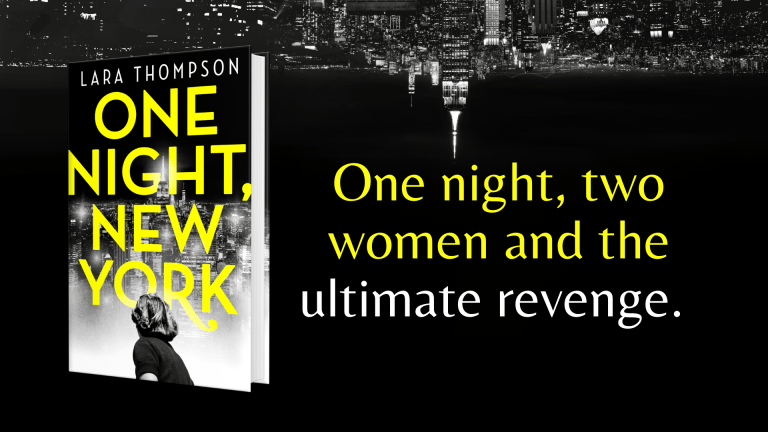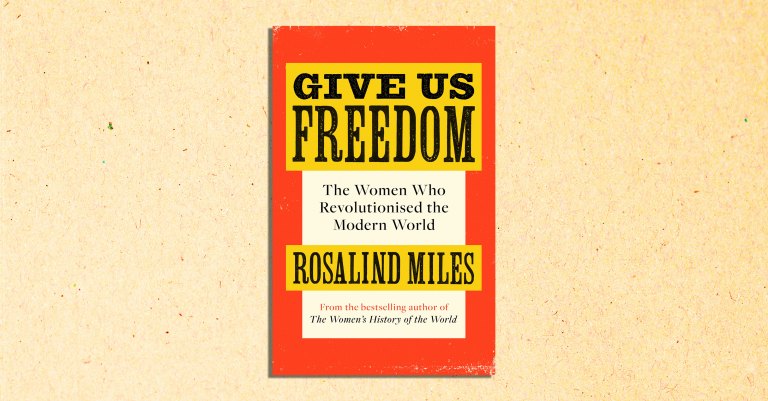Read an Excerpt from Love & Fame

Susie Boyt’s tender and funny, Love & Fame, is out now.
Waterstones | Amazon | Wordery | Foyles
Enjoy the first chapter:
But this should be the happiest time of your . . . Just let yourself . . . Lots of people would die to . . . you should be . . . drain every last drop. It’s a once in a lifetime, well let’s hope. Oh. Well, sure, of course these things can be a bit . . . In fact, famously so. So just work on trying to maybe? Keeping busy and don’t give yourself a second to— Of course there’s too much pressure to feel as though everything’s. And it’s really important to allow yourself— Now and then, anyway.
Look away when you. You tried Tranquilitea? Avoiding caffeine, sugar and alcohol could really make a. Gluten’s a pig. Don’t watch the news every night, might be. Make an effort to enjoy things while. Loads of people don’t know what’s going on in the world and they’re completely. Just a thought. Until you feel more— Early nights. ink of yourself as an athlete in preparation, a princess, a thoroughbred, a nun about to take— Maybe not that. Oh yes and definitely log out of anything that could . . . St John’s wort is meant to be— Oh dear. That does sound. There’s a brilliant woman off Devonshire Place, she’s quite scary but you just lie down in this squishy leather throne and she somehow. Disengage. But you look well on it . . .
What do you mean? Of course you’re not! Are you still doing your running because that’s probably very. Eating clean foods might just. Have my mindfulness workout, no I promise you. You mustn’t feel like you’re the only one who’s. No one admits it but apparently the major cause of the plastic surgery boom is not that anyone cares how they look it’s just people want a week in bed afterwards without anyone thinking.
Take some deep breaths when you feel a bit. I’m pretty sure they sell it at Boots. That’s it, that’s right. In two three four. Have you had a little browse in the self-help section because? Try not to dwell on stuff. You want to come to Gentlemen Prefer Blondes? And you know, maybe we should all be fucking angry that for thousands of years in this country in this world it was accepted as fact that women were worth less than men and these things just don’t seem to— What you going to have in your bouquet?
***
Eve was packing for her honeymoon, alone in the at, laying out the ice blue nightgown the shop assistant said would make her look like a goddess. She folded the bodice, smoothing down the gathers, taking care not to crease the springy lace, tucking it in like a child.
Christ. What was an eau de nil silk-satin bra and briefs set in the face of all this? What was a husband-to-be with an appraising smile and that look in his eye? Was that, too, sicko territory? Could your body exist outside the body of the world? Could you carve out a corner where romance was possible in the face of all this, in the face of the groin of all this?
At the last minute she ditched Venice, surprising everyone. A place that led with love was not to be trusted. And how could you feel anything in Venice that had not been felt before? Venice where every afternoon you could break your neck tripping over men on bridges, popping the question in scuffed brown brogues on bended knee while obliging gondoliers caught the whole thing on somebody’s phone, to be sent as an e-attachment with the save-the-dates. Venice where there was nothing to do in the face of the curdling love-industry and all those malcontent churches and shops that bore down on you, relentless with tat: menacing black and gold eye-masks, pig-ugly beads, hideous artisanal tooled leather phone covers, nightmarish puppets with craven expressions, but croon, at the top of your voice ‘Just one Cornetto’. The place was evil with atmosphere, rotting with romance.
Venice suddenly seemed to her deadly, brimming with hysterical aesthetes, desiccated collectors, red-handed cardinals with obscene bank balances. Venice was sick, she couldn’t help thinking, clanking with skeletons and sinister institutions. The putrid, drains-y odour of the Grand Canal!
So, Chicago it was.
‘It’s not trying to be exquisite, full of ancient wisdom, you know? It’s clear about itself. It’s honest. Straightforward, in a way. It doesn’t hide its history of murderers, crime, corruption, drug wars behind painty ceilings and solid gold altar pieces. There’s something decent in that, something frank, something a bit sexy.’ She liked working up an argument. ‘It doesn’t, I don’t know, reek.’ She was enjoying herself now. ‘It’s not squalid.’ The ideas behind America appealed to her. She hoovered up its literature, swallowed its facts down whole: the hopes of it, the energy, the scale. ‘They say when the sky is blue there it really means it, not like here when it’s not pretending exactly but . . . I mean, they built the first skyscrapers in Chicago and they called them “cloud busters”. And some of Chicago’s best-loved gangsters started their careers as singing waiters. You cannot argue with that.’
Chicago doesn’t have a veneer, she thought. It’s not drowning in history and all clogged up with gold leaf and palazzo dust. Suddenly there was no competition. ‘It’ll be cheaper by miles . . . And we can make it our own.’
‘Of course!’ Jim said. Jim always said ‘Of course’ or ‘absolutely’. He was that sort of person. He had an enthusiasm for enthusiasm. His interests extended to almost everything in life. Jim was frank and easy, mild, clever, well-rounded. The ordinary wear and tear of things, the pull of the past, the fear of the future, did not seem to get to him. They got to her.
It was hard to keep a straight face where anxiety was concerned when your husband-to-be was an expert. Jim was literally writing a book about it – quite possibly THE book – a biography, a history, a geography of anxiety (an algebra?), a rich, complex, far-reaching work. ‘I’m kind of putting worry on the couch, if that makes sense.’
Eve had choked on her drink when he told her about it. ‘You’re doing what?’ It was their third evening together. Embarrassment, already hovering in the air, started to throb, radish-coloured, neon. A luscious pizza pouted on the table between them, entirely neglected. ‘It’s going to be called The Influence of Anxiety,’ he said.
Wine sprayed a doily pattern on Eve’s white ‘Renoir’ blouse, dripping down her chin onto her cuffs. The drycleaner’s gasp of horror the next day. (‘It’s kind of like your shirt hooked up with a vampire …’)
Jim had begun the book before they met, at least. He had seven solid chapters down. It made the whole thing one notch less excruciating. She urged him to tell new people that, ‘Maybe just like drop it into the conversation when there’s a quiet minute, could you?’ she smiled, she even winked sometimes. She did not want to be anyone’s muse, not in that way. (She worried for England, it had been said, but it wasn’t true, not now, not really. High end of average was closer to the mark . . .) Jim was arguing, hopefully, helpfully, that anxiety could be a good thing, it could guard against uninformed decision making, it could be a strong force for change. Worry was creative, an expression of deepest self, profound concentration of the highest calibre. Painstaking, care-taking, meticulous, fastidious, anxiety was, at its very best, the nervous arm of play. Now and then she thought he was anxiety’s biggest fan. It could – anxiety could – make artists out of people. It was key to most of the high achievement in the world. It saved lives. It staved off disaster. It was the mindset of the noble- hearted. Conscientiousness magnified, it was doing your duty. It was good. It might be great. These were comforting thoughts, sort of comforting, although it did strike Eve from time to time that realising the full potential of your anxiety was a whole new tier of things to worry about.
Jim’s editor, Max Winship, phoned his favourite author frequently. ‘You know I hate to bother you, but any chance of another couple of pages for Friday?’ This book was going to be Max’s saviour. Anxiety as an essential key to excellence. ‘Yes!’ Anxiety’s inextricable links to joy. ‘Come to Daddy! And also Ker-ching!’ Max had bought the book from an eleven-page proposal, going crazy in an auction, ravenous for this great cargo of travelling brightness. Witty and sincere, the book had sold in sixteen territories. Philosophy, pop songs, Greek myths, nineteenth-century novels, opera, soap opera, tennis, economics, poetry, super-heroes – its breadth was impressive . . . And so was the hope it would bring. Worriers worldwide were desperate to know they did not fret in vain.
‘This book is not just going to be of universal appeal,’ Max declared to Jim at their sign-up lunch, tears welling, whisky-smelling, heart swelling, ‘it is really going to . . . ’
‘Thank you so much.’ Jim lightly raised his hand like a star in a packed stadium. He was not trying to reach the inter-galactic reader.
Max smiled. Writers were the easiest people in the world to offend, but Jim was different, solid somehow, not the usual huddle of needs. He could have been anything he wanted in life. You just loved him.
During the flight to Chicago, Jim and Eve made a pact not to let talk of anxiety dominate their honeymoon. ‘If you were writing a history of olives, we’d say the same thing,’ she reasoned, ‘or, or the Duchess of Windsor, or, I don’t know, or grapefruit spoons? That wouldn’t be healthy either.’
Yet outlawing any topic was strangely difficult, perhaps it would have been true of Mrs Simpson, but she wasn’t sure. Anxiety had a way of worming its way in, it crept up or ganged up or gently stole over you. Many conversations were composed of it or touched on it, or provoked it, or danced around it, without anyone having particularly given their permission. Especially in the artificial environment of an aeroplane.
It did not help that the stewardess kept giving them free miniature bottles of spirits, clanking them theatrically with a barrage of outlandish looks. She was fortyish, aggressive, hair so black it was almost navy. ‘I’ve got something for you!’ she zeroed in. ‘It’s your lucky day! Look there’s more!’ She shook her head at them wildly. ‘You guys!’ She had just escaped a toxic marriage herself, she said, adding four Smirnoff Blues to their collection. ‘Thanks, that’s so kind but really we already have—’
‘No problem!’ she said. ‘There’s no charge!’ The alcohol was intended, they saw it clearly now, as part of a compensation scheme. ‘You know I don’t envy you children one little bit!’ she added. ‘Aww,’ she kept saying, as though they were sick puppies with only weeks to live. ‘Awwwww.’ As the flight progressed she flung packets and packets of mixed nuts and sour cream and chive flavoured fish-shaped corn snacks into their laps. They amassed a stash that could have stocked a little kiosk at O’Hare.
When they hit turbulence and the seat belts signs flashed on she shoved into Eve’s open handbag about a hundred pink sugar-substitute sachets. They knew for certain then she was deranged. They were lambs to the slaughter and would need all the fake sweetness they could muster for when the love died, that was the long and short of her communications.
Jim took up Eve’s hand. ‘You are OK, aren’t you?’
‘Yep.’
‘You sure?’
‘Don’t fuss over me!’ she whispered. ‘I can’t stand it!’ She was firm. ‘Listen. I’m not having worry being our glue. I don’t want to be Anxiety Barbie with chewed-down fingernails and nervous tics. I am not Joan Crawford with heavy brows in a Swiss sanatorium losing my mind. I mean Bette Davis. I am not your or anybody’s patient. I am not Zelda Fitzgerald or a pale imitation. I’m not even that highly strung.’
‘Of course not,’ Jim said. ‘Of course not. I am sorry.’
‘That’s all right,’ she said. ‘That is all right.’ There was an anxiety surrounding anxiety now and a ring of anxiety round that. Perfect.
The plane bucked and sent orange juice into Jim’s lap. He dabbed at himself with his eye mask, but little fronds of orange fibre were adhering to the folds in his jeans. The captain announced more turbulence and bade them sit down and refasten their belts. Should I ditch the book, Jim suddenly thought. Sacrifice it on the altar of matrimony? He needed to do something handsome to reassure his new bride. The air-conditioning nozzle sent swooshes of frozen air onto his nose and however much he swivelled it round, the flow could not be stemmed. His nostrils began to run in protest. He did not dare summon the insane stewardess. He imagined handing back advances in sixteen territories. It couldn’t be done. He was going to be sick. He scrambled for the paper bag in the seatback in front of him. He swallowed a bit of it down. The feeling passed. ‘Would you like me to abandon the book?’ he asked his wife of nineteen hours.
She smiled. ‘No no no, I don’t think so, no. Well, I mean – no. No! Don’t be silly.’ She laughed. ‘Thanks for offering, though. Stylish of you.’
Had he really meant it? He did not know.

